Interview with TÜMOSAN Division Manager Ali Evren
Türkiye’s defense industry stands as one of the key pillars of the nation’s independence and credibility. However, the success of this sector is not solely based on advanced technology or large-scale budgets; human capital plays an equally vital role. In a recent interview with one of the leading figures of the industry, valuable advice was shared with young engineer candidates and those aspiring to build careers in the defense sector.
The interview emphasized that the growing interest of young people in the defense industry is driven not only by financial but also moral factors. The moral satisfaction of contributing to the nation’s strength and independence is seen as a powerful motivation. Still, it was underlined that this aspiration only becomes meaningful if young people dedicate themselves to improving their skills and education.
In addition, the issue of brain drain was highlighted. The departure of many experienced professionals abroad is considered both a loss and an opportunity for the new generation. With the right training and personal development, young engineers can play decisive roles in shaping the future of Türkiye’s defense sector.
Ultimately, the key message conveyed was that young people should stay hopeful, invest in their education and personal growth, and believe that Türkiye’s position in the global defense industry will become stronger and more influential.

Milli Müdafaa Muhabiri
Why has the Altay Tank power pack still not arrived in Turkey? Are there obstacles preventing it? What developments are there regarding its design in Turkey?

Ali Evren
The Altay Tank issue is a very old one. At the tank level, as you know, when Otokar was the main contractor, institutions such as Aselsan and Roketsan—basically our public institutions—were also partners in the project. Of course, the tank-level tests were successfully completed, and regarding serial production, an agreement was made with another company. All rights were preserved under the SSB (Presidency of Defense Industries), and this project proceeded through a different company. In other words, the company that developed the project was one firm, and the company seeking serial production was another. Now, aside from the tank itself, the power pack—meaning the propulsion system that provides mobility—was initially intended to be purchased. Here, there was the Euro Power Pack used in tanks in Europe, Israel, and France, involving the MTU883 engine and the Renk295 transmission integration. MTU was essentially seen as the main contractor, integrating the other components and delivering the package. The Altay’s initial power packs began with this and succeeded, but later, due to political circumstances, there arose a situation in which it could not be procured in serial production form. In parallel, Tümosan and other power pack–producing companies carried out studies on this subject. As far as I know, SSB and our local companies remain in contact. At the last point, the power pack is being developed by another company and seems to have passed certain stages, but at the end of the day, it is still not ready, and it will still take quite a long time to be ready. Yet the Turkish Armed Forces currently need such a tank in its inventory. It is necessary to have it as soon as possible. Of course, I am not deeply involved. I observe from the outside, like you do. Since it is an area of my interest, I may be able to provide clearer information. South Korea, which has a strategy similar to ours in main battle tank development, pursued both tank-level development and a Euro Power Pack–like system at the power pack level. They started much earlier than we did. Whether they are better or worse is debatable, but it is certain they are ahead of us. If we obtain their developing power pack, then our serial production would not be left without a power pack. Because, as you know, this is of strategic importance for us. At this point, there are also other countries on the table. Ukraine has certain older engine models. There were attempts to see whether tanks could run on those engines, but I don’t think much progress was made. We don’t hear of it on the screens, but domestically, such work is progressing. I hope it succeeds, but it doesn’t look like something we will achieve in the short term. In the medium or maybe long term, we will certainly accomplish this. Our country will succeed.

Milli Müdafaa Muhabiri
As Tümosan, I know you have a project covering power packs and drivetrains for all wheeled vehicles. What are your goals here, and what risks are involved?

Ali Evren
We just spoke about power packs for tracked vehicles, such as the Altay tank. But we also have other platforms. For example, our self-propelled Fırtına howitzers—they also have a power pack. We have armored personnel carriers. Here too, engine and transmission development for tracked systems is a separate topic. Then there are the tactical wheeled vehicles, which the public knows best. Cobras, Ejder Yalçıns, and the Pusat vehicle we developed at Tümosan. At present, in relation to the power packs and drivetrains of these vehicles, we at Tümosan—and other companies—are carrying out major work. Our fundamental strategy here is: can we produce the drivetrains of all tactical wheeled vehicles—armored or not—in Turkey, and provide them as a platform? We first did this for our in-house customer, the Pusat, and presented it at IDEF 2017 and 2019. In 2021, we showed it again after completing its tests. Beyond this, we will have further surprises. We are working very intensely not only on developing and selling new vehicles, but also on engines, transfer cases, wheels, and other drivetrain components. As you know, the average age of vehicles in the Turkish Armed Forces is very high. Scrapping them is not really possible. For tracked vehicles in particular, because they are very expensive, modernization projects are pursued instead of scrapping. We want to provide engines and other drivetrain components in such modernization efforts. This is a huge market. And we should not view it only as a domestic market. There are also countries we work with. Many firms, both domestic and foreign, are developing vehicle platforms. They could be firms to which we export directly. But because drivetrain development is a demanding subject, you must invest more labor and money. Integration can be done relatively quickly, but designing, testing, and validating a power pack or drivetrain takes much longer. That is why companies like Tümosan are working in this area. In Turkey, competition is important. What matters is that we achieve results; competition brings success. We view it this way. We even support our competitors. Think of this as a family of engines—small motor families to large ones—ranging from 150 horsepower up to 600–650. Transmission groups are both manual and automatic. These are being used in the Turkish Armed Forces. On the non-tactical side, we are also developing automated and fully automatic transmission projects, proceeding in three directions at once. We are also developing transfer cases, wheel hubs, and differentials for vehicles in the 16-ton range. Once completed, I hope good results will come. You may know, some of these efforts have already borne fruit, as seen in the news. In fact, Tümosan recently signed an agreement to integrate domestically developed engines into a new vehicle project. Engine deliveries will begin soon. Thus, a domestically produced engine, with full IP rights, will be integrated into a Turkish tactical wheeled vehicle. And we foresee this continuing with transmissions and drivetrain components. Tümosan is ready to support our competitors and partners in ensuring progress in this field.

Milli Müdafaa Muhabiri
What is an export license, and why is Turkey so affected by this issue?

Ali Evren
An export license is basically what is known as an “export license.” In our country, feasibility studies for such matters were not really done until recently. Only in the past 10 years have these issues started being properly projected, and companies have developed themselves. Sometimes you need to purchase products suitable for you. When you buy them and integrate them into your own composition, you face criteria about which countries you can export to. Export license restrictions are imposed by certain countries. You cannot simply eliminate them; these are defined in international law. They may only be resolved over decades. Political relationships matter a lot. Therefore, we need to produce solutions domestically, so that they are not subject to export licenses. Tümosan’s strategy is to solve such strategic components in ways that are not restricted. Solutions may be domestic or sourced from abroad, but structured in such a way that they avoid licensing restrictions. Because the world is not only European states. There are supply chains in the Far East as well. Through such means, you can carry out projects without hitting export license obstacles. In Turkey, whether UAVs, tactical wheeled or tracked armored vehicles, these systems must be developed in ways that are not subject to licensing. Otherwise, you cannot use or export them freely. And the Turkish Armed Forces has a very big need. We must meet this need. Ultimately, the aim of the defense industry should be export. We must be able to export to brotherly nations, like Azerbaijan. For example, the TRNC (Turkish Republic of Northern Cyprus). By resolving such issues, we can move forward. In summary, we have solved many things at the platform level, over 50 years. In the past 10 years, we have advanced significantly at the engine and transmission level. Now we must also focus on sub-components—everything from proportional valves to wet clutch units. By investing in these, not only for Turkey but for the entire world, we will ensure our projects succeed without licensing problems.

Milli Müdafaa Muhabiri
Are local and national engines and transmissions produced in Turkey? Why is there a perception that power packs cannot be produced here?

Ali Evren
Actually, I should ask you this question—do you think it is possible?

Milli Müdafaa Muhabiri
I think it depends on whether the necessary resources are provided.

Ali Evren
Yes, and that is exactly the point. On social media, on defense industry forums or news sites, under the posts, I see many comments such as: “we can’t do it,” or “yes, we made this, but the engine isn’t produced by us.” Out of 100 comments, 90 are like this. And it saddens me. Producing such a product is difficult, but absolutely not beyond Turkey’s capabilities. And it doesn’t even have to be for defense industry purposes. Beyond defense, there is already capacity. Turkey has large-scale production of buses, trucks, and automobiles. At Tümosan, for example, we produce tractor engines entirely ourselves, with full IP rights. Other competitors also produce domestically. I am talking about internal combustion engines. Other companies produce trucks, and they produce their own engines as well. Of course, that is not directly defense industry, but it shows that our people are capable of developing such products. Now, power packs for tanks are indeed a different matter. Their power-to-weight ratios are very high, packaging is tight, etc. So the requirements are very demanding. Work is ongoing, but in summary, in terms of internal combustion engines and transmissions, we are putting in significant effort. With time, and with all firms working on this, I am sure progress will come. For example, the Euro Power Pack imported for the Leopard main battle tanks, and used for our Altay, was developed over 20–25 years in Germany. We do not have such a luxury of time. And besides, the working culture, engineers, technicians, workers, and accumulated knowledge in Germany are different. They have advantages, especially in know-how. These are long-term projects. We must not say “why is this not done quickly.” Patience and tolerance are needed. Of course, there is public funding in certain projects. At Tümosan, we continue entirely with our own resources. Occasionally, some projects are supported by TÜBİTAK. But either way, I believe we will succeed.

Milli Müdafaa Muhabiri
Why has the Altay Tank power pack still not arrived in Turkey? Are there obstacles preventing it? What developments are there regarding its design in Türkiye?

Ali Evren
As I actually laid the groundwork for earlier—In Germany, there are about 1,000 companies. There are companies that want to transfer knowledge. I myself used to work in one of those companies. Because they have the accumulated knowledge, they want to support those who want to develop such products. Here, the important thing is the business model. We are not setting the business model. My humble opinion is that this has both advantages and disadvantages. The advantage is that projects are well-structured, their timelines are robust, and you offload much of the workload onto the supporting companies. This lowers your risk and increases your chances of success. But the disadvantage is like being a student doing an exam with your teacher sitting next to you. You do the work, but your teacher is always by your side. Over time, after two or three projects, you do learn more details. But in the end, independent development is what really matters. For example, in South Korea’s development phase, I heard that they worked with many companies. Yet even then, their timelines did not progress as desired. Sometimes you offload certain simple stages, or technical specification tasks, to the supporting firm. That doesn’t mean they do the whole job. At Tümosan, especially on the drivetrain side, we want the work to remain entirely within the institution. That way, we can respond quickly to problems and take faster action. This is an advantage.

Milli Müdafaa Muhabiri
Why is transmission development considered even more vital than engine development? What role does it play on the platform?

Ali Evren
This is something you hear from the public as well. It is a very important issue. Internal combustion engines are the component where power is produced. But in both tracked and wheeled tactical vehicles, it is the transmission that manages the vehicle—its steering, braking, etc. That is why it is vital. The transmission is a complex unit. Engines can sometimes be adapted across platforms—like tailoring. But transmissions are very specific to each platform, and strategically important. They are also highly complex structures. And in Turkey, I hope we will become more conscious in this regard. Engines are critical, yes, but producing only an engine is not enough. Transmissions involve many elements. Some geometries cannot be produced through conventional machining. But now, additive manufacturing technologies can handle these. With such methods, projects can move much faster. For example, in the past, casting processes using sand molds took 3–4 months. Now, with 3D printing and other technologies, you can produce the mold in a day, and have the part ready immediately. This greatly shortens development cycles. In short, transmission and drivetrain technology development is crucial, and Turkey needs to expand its capabilities here.

Milli Müdafaa Muhabiri
Thank you very much. Do you have any final wishes, suggestions, or advice?

Ali Evren
I do have advice, especially for young people who want to work in the defense industry. I see many who want to, and I know the reason is both financial and moral. But in truth, many do not even prioritize the financial side. They are motivated more by the moral satisfaction—working on a national project and contributing to defense. I know their motivation, and I hope it continues. But what I also see is that they must work on improving themselves while still studying. This is extremely important. Because, as I said earlier, the most important element in being able to deliver these projects is human capital. Without it, projects cannot succeed. Unfortunately, in the past four years, we have lost many experienced people to Europe, due to brain drain. The new generation must take ownership, and when the time comes, step up. Perhaps not today, but in 10 years, when we step back, they must be ready to take over. I have no doubt that they will take us even further. They should not lose hope. Despite what they read online, I am sure they will achieve much more.


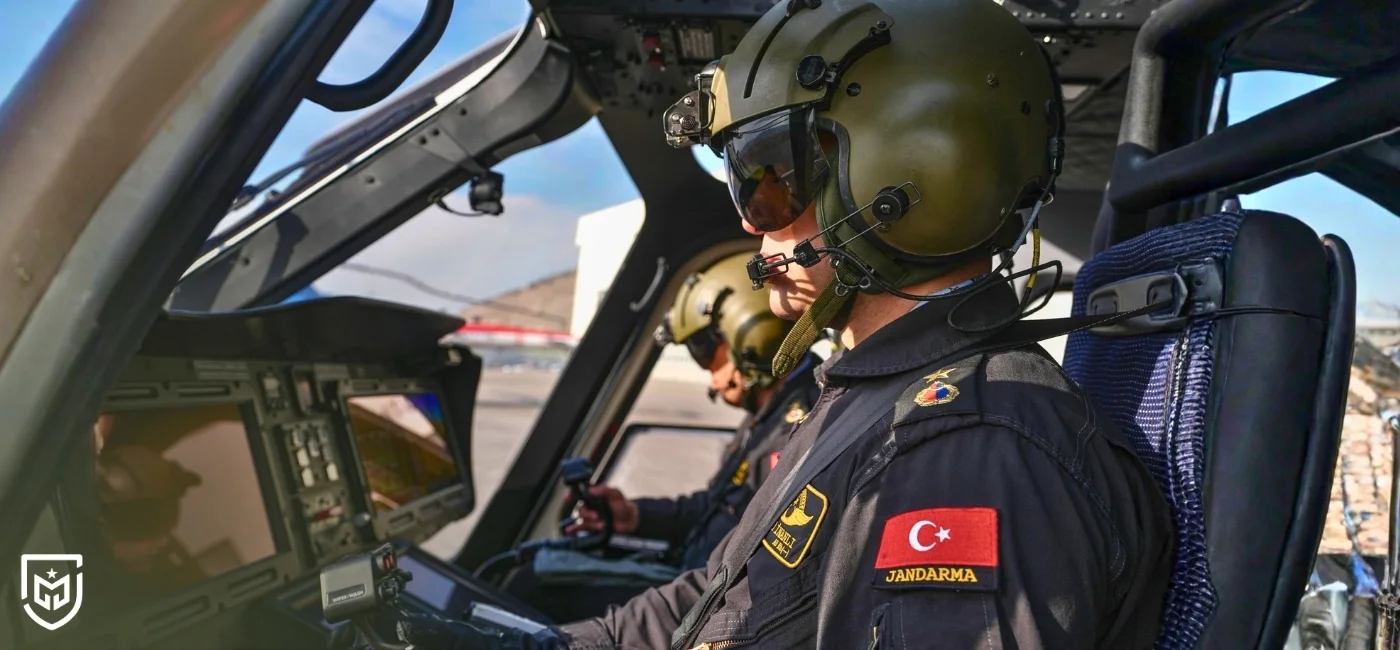
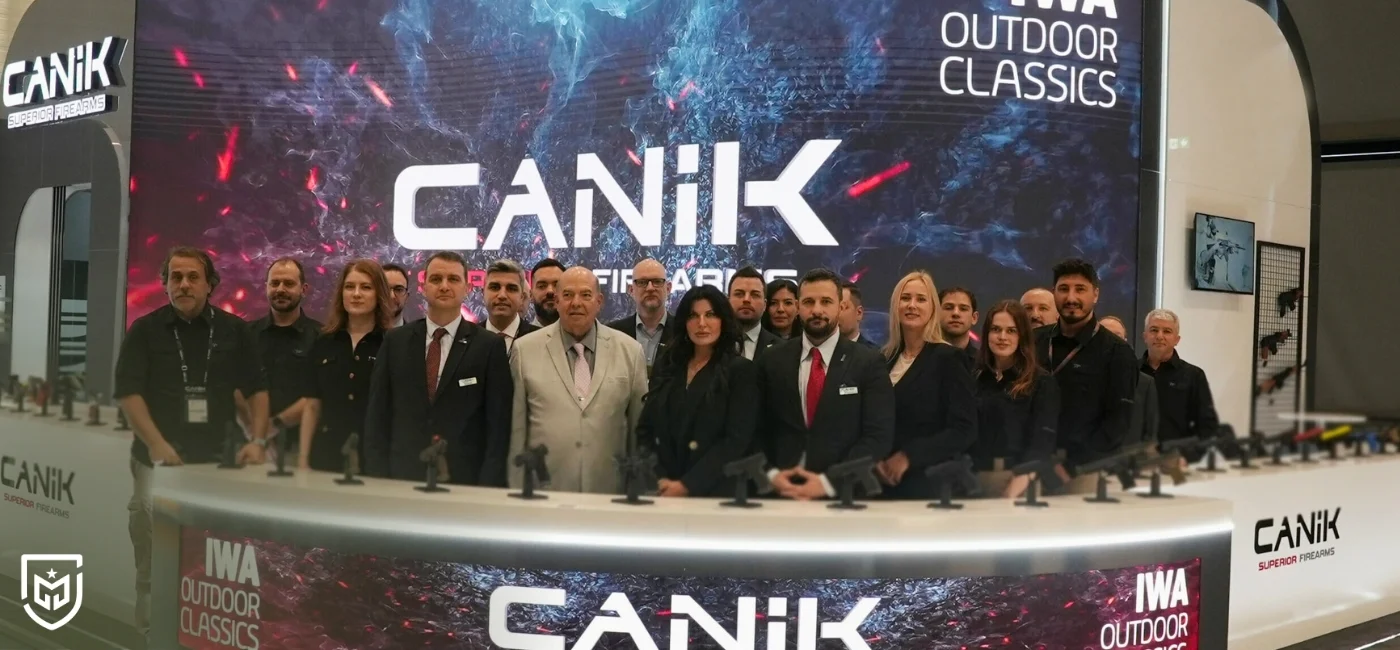
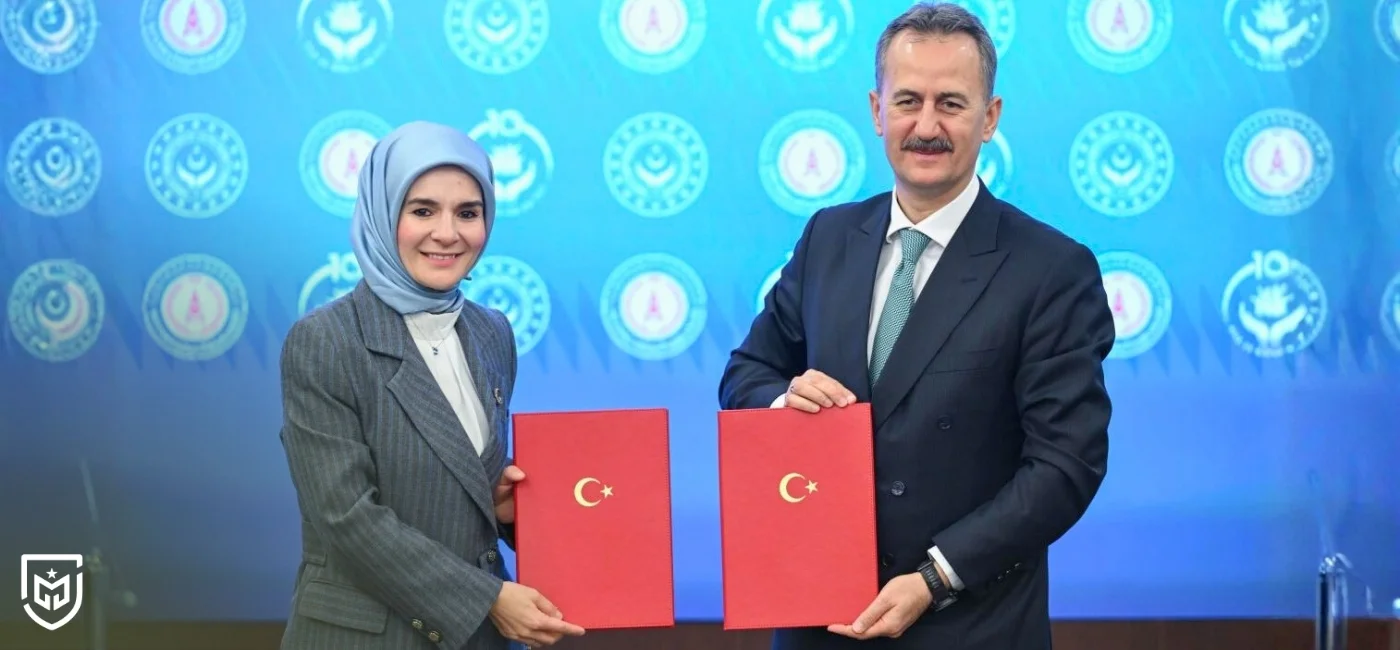
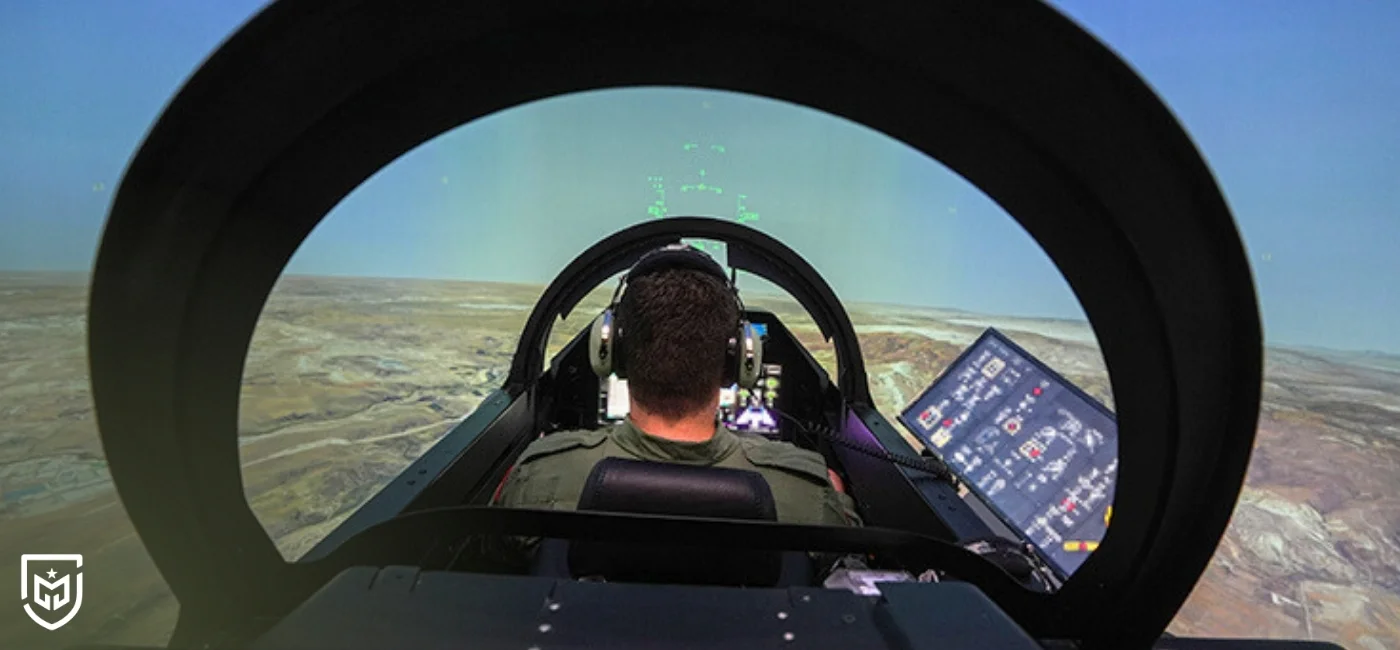
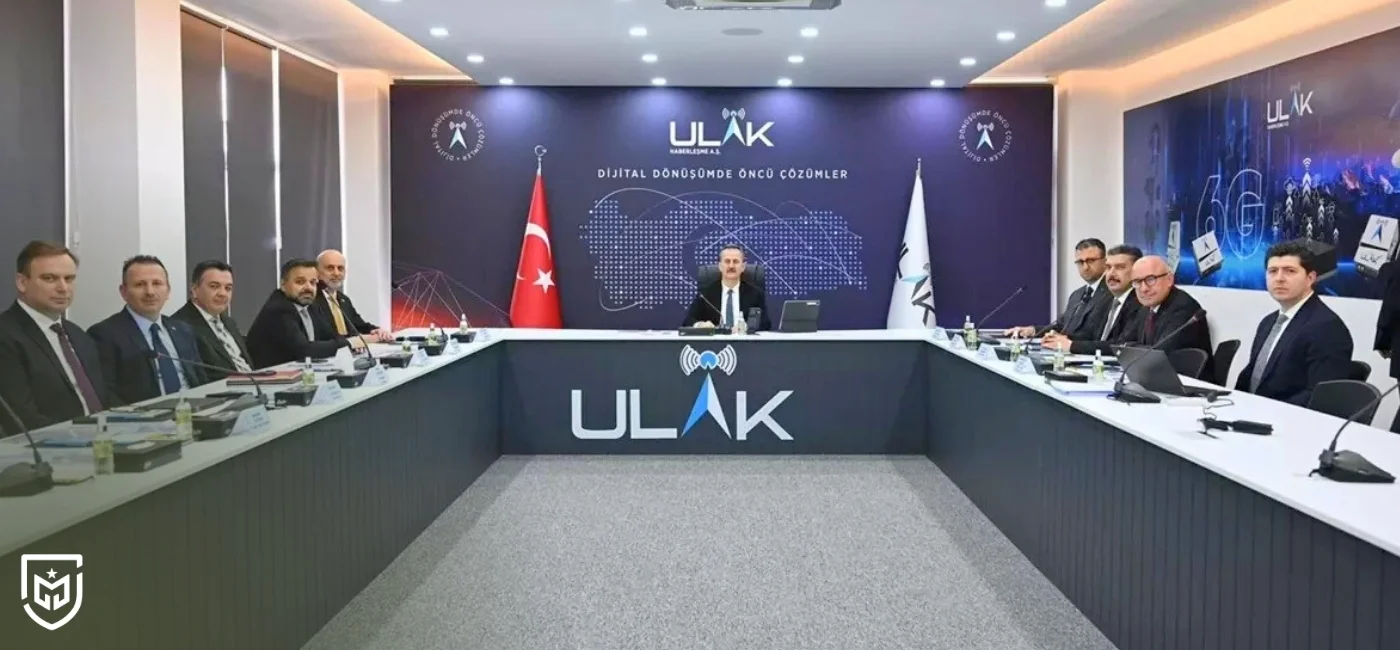
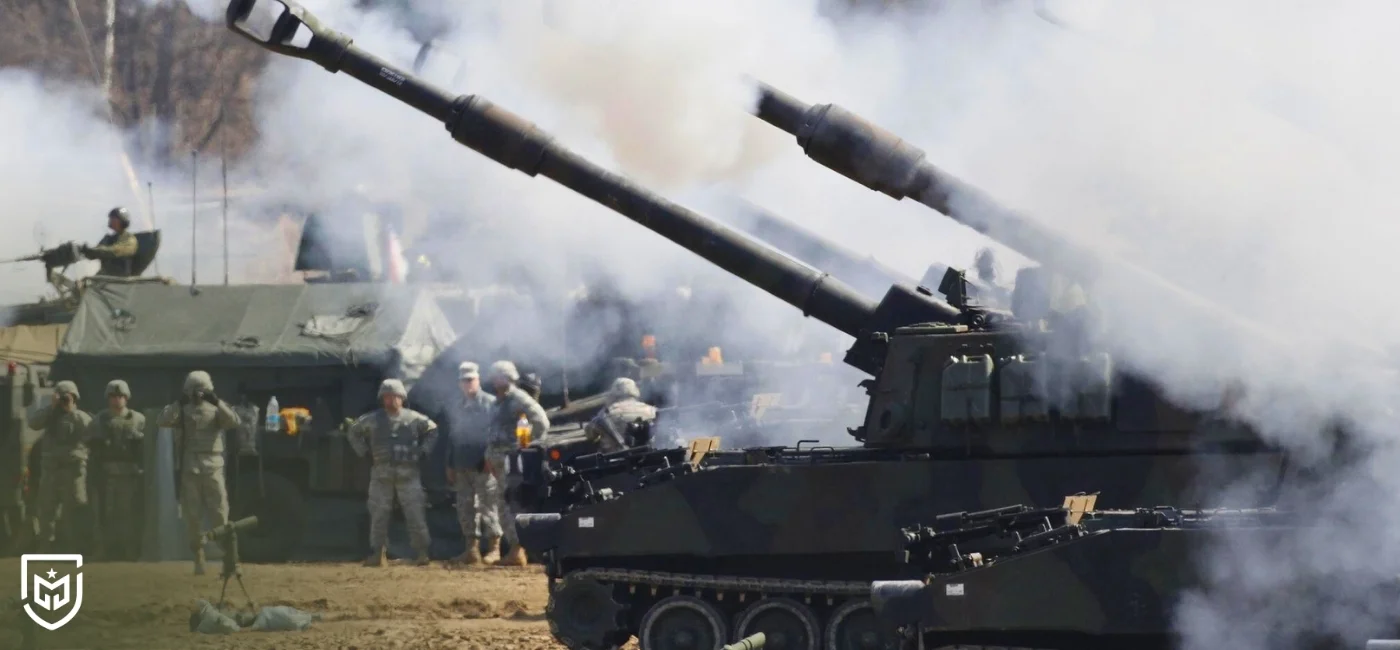

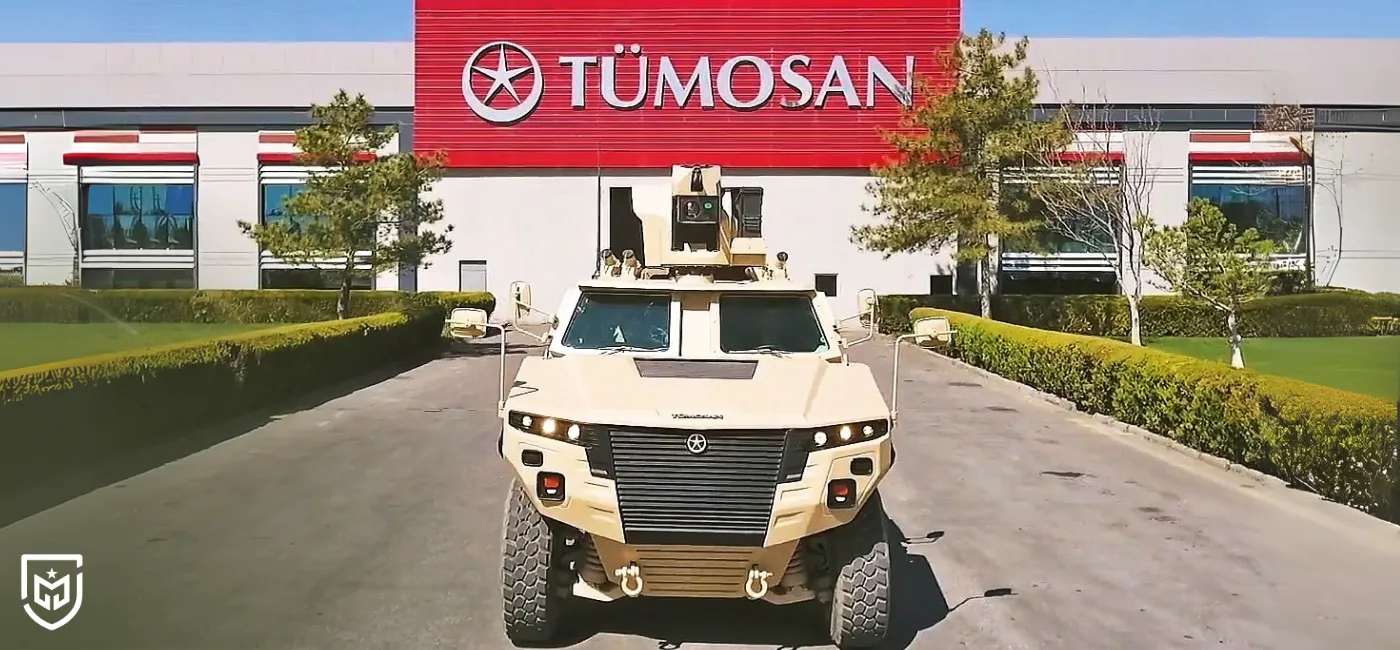

 Levent Kılıçalan
Levent Kılıçalan 
Post Comment
Comments
No comments yet.
Other Interviews
Exclusive Interview with Sarsılmaz Deputy General Manager Öner Özyılmaz
Interview with HAVELSAN Unmanned Air and Ground Vehicles Project Manager Veysel Ataoğlu